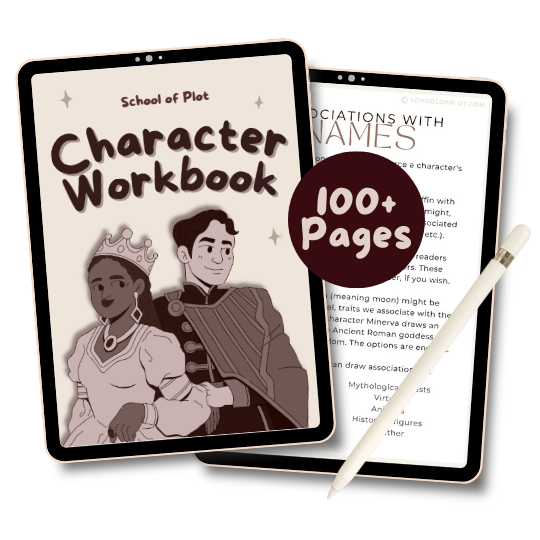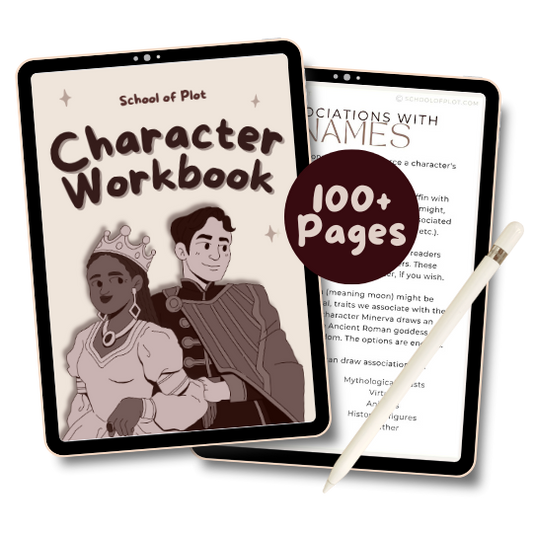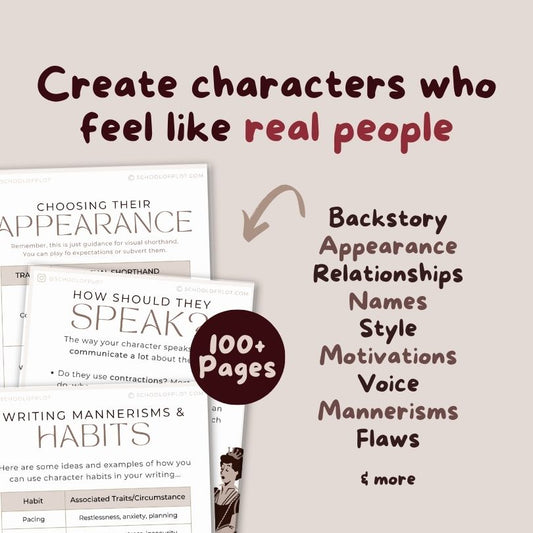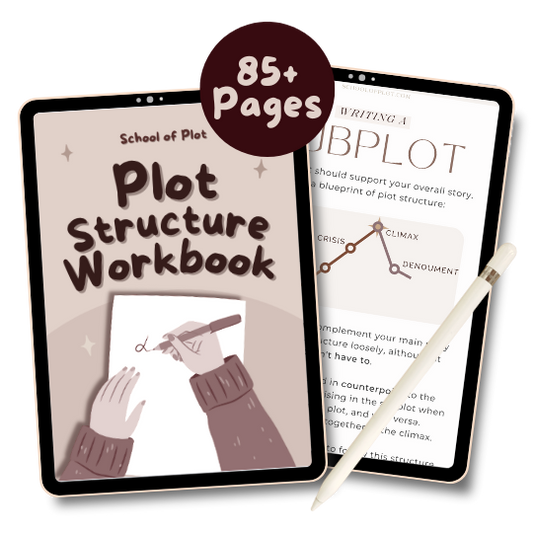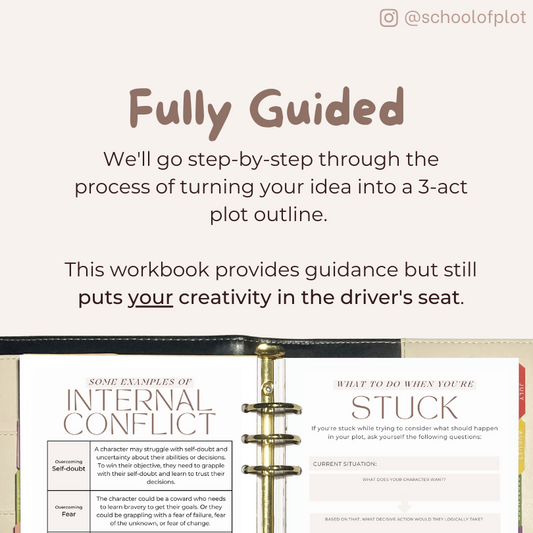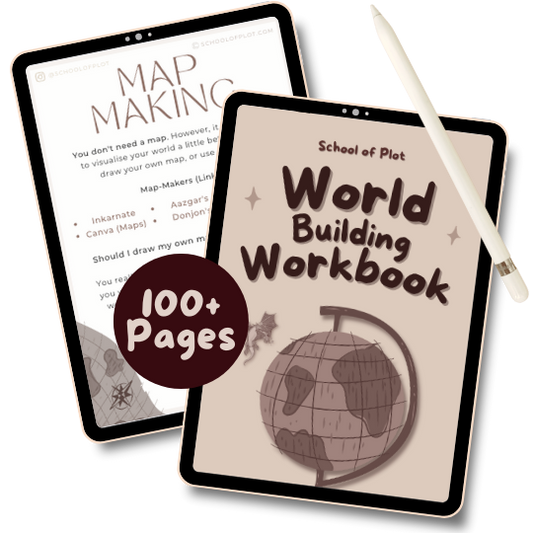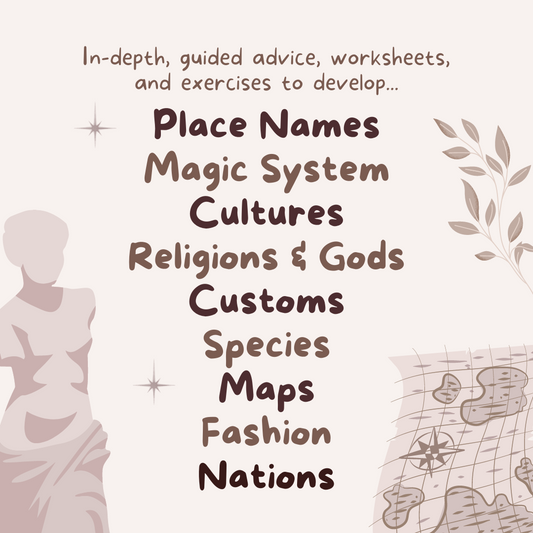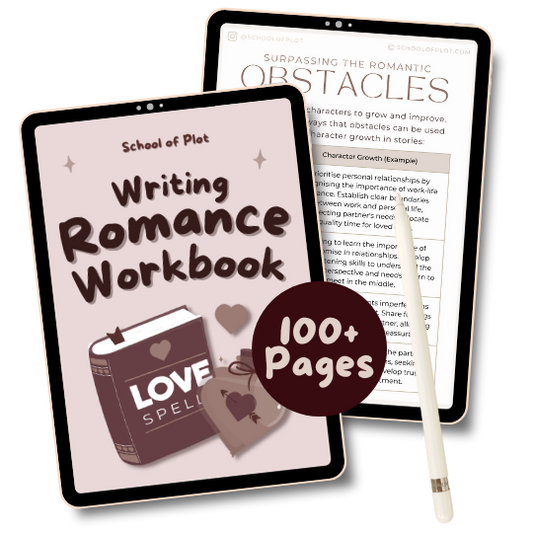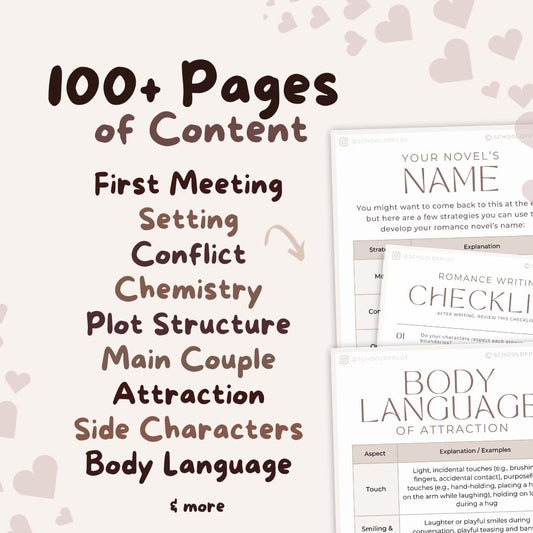Worldbuilding isn’t just about drawing a map and throwing in a few kingdoms with names full of apostrophes and “ae” letter combos. It means you get to create a world that really feels alive. A well-built world pulls readers in, making them believe there’s life beyond the main storyline.
Before you spend six months designing the tax policies of a fictional empire (unless that’s the story, in which case, carry on), keep this in mind: your world exists to serve the story, not the other way around. I made this checklist to help you build a world with purpose and intention.
Geography
Avoid making geography an afterthought. Even if your story happens in one kingdom, think about the larger world.
- Where do resources come from?
- What’s the land like? (Swampy, dry, etc.)
- What nature, if any, marks their borders (mountains, sea, etc.)?
- Who are their neighbours?
- What natural disasters do they live in fear of?
Your setting shapes everything: culture, politics, warfare, even what people eat for breakfast. A desert civilization won’t have the same diet, architecture, or military strategies as a swamp-dwelling society.
Think deep. If your world features floating islands, what keeps them up? How do people travel between them? Does the ocean below have its own distinct culture, shaped by the fact that their sky is full of falling debris?
Landmarks
You can make your world distinct by introducing landmarks – a legendary mountain, an ancient ruin, or a city built inside the skull of a fallen titan. These places should have history, significance, and impact. Do people fear them? Worship them? Fight wars over them? If your landmark can be replaced with any generic fantasy location, it needs more work.
When designing a landmark, think about how its history is remembered. Is it glorified? Distorted? Forgotten by all except one secretive group?
Climate
Climate isn’t just background dressing. It affects trade, war, and daily survival.
- What’s the climate of your world like?
- How does that affect day-to-day life?
Extreme weather breeds extreme adaptation. A civilization that thrives in an arctic wasteland will likely be communal, resource-conscious, and highly skilled in survival techniques.
A city perpetually battered by storms might develop underground infrastructure, weather-based superstitions, or an obsession with protective enchantments.
How does your story’s climate affect its civilization? I’ve made you some in-depth resource sheets in the Fantasy Worldbuilding Workbook. Check out the tables. For each climate, I’ve included some considerations to include in your world.
Resources
The economy of your world depends on what’s rare and sought after. Is it gold? Dragon scales? Aether-infused gemstones?
The resource itself isn’t as important as its impact.
- Who controls it?
- Who’s willing to kill for it?
- What happens if it suddenly runs out?
Wars have been fought over fruits and spices in the real world. Make sure your world’s resources matter just as much.
Again, my Fantasy Worldbuilding Workbook has ready-made resources to help you think this through. For each resource, I’ve provided examples of how that could impact the culture, politics, trades, religion, diet and more.
Societies & Cultures
Your world needs more than just a monarchy and some peasants. Are there nomadic traders? Isolated scholars? Warrior clans? Let’s develop each section of your society.
- What do they value, and what are they willing to fight for?
- If your world has multiple species, how do they coexist? Or maybe they don't?
- Can humans and magical species intermarry?
- Have their cultures blended, or do they live in tense segregation?
Even within a kingdom, different regions should feel distinct. Think about micro-cultures. A port city will have a different dialect, cuisine, and attitude toward outsiders than an inland farming village.
Social Hierarchies
A great way to add depth is by considering who benefits from the status quo and who suffers. Every system has winners and losers. Lean into that tension.
- Who holds power, and how did they get it?
- Does wealth buy influence, or is power strictly hereditary?
- If magic exists, do mages hold political control?
- If there’s a ruling class, what’s stopping the lower classes from rebelling? Or have they already tried?
Traditions & Quirks
Every culture has unique traditions, even if we don’t remember where they come from (if someone could please let me know why we knock on wood). These details make a culture feel authentic.
- What holidays do they celebrate?
- How do they mourn their dead?
- Do they have bizarre coming-of-age rituals?
If you want to hear a casual, educational deep-dive on this topic, check out the fantasy worldbuilding episode of the Writing Club podcast on Apple Podcasts or Spotify..
Magic
Magic needs limitations. If anyone can do anything, tension disappears. Make sure you think of this ahead of time so you don’t end up going “whoops all the timeturners in existence were all on one shelf and that shelf broke so…that’s why there’s no more time travel”.
- What are the risks?
- How is it learned?
- What’s the cost of using it?
Even if your system is loose, establishing some rules will keep your plot from spiraling into deus ex machina territory.
Consider how magic affects mundane life. If wizards can conjure fire, do they still need blacksmiths? If healing magic exists, what happens to traditional medicine?
Is your world stuck in medieval stasis, or are new inventions changing the game? If printing presses exist, how does that affect education? If airships are common, do nations wage aerial warfare? Even a single invention can shift an entire world’s political and economic balance.
Politics
No society is completely stable (and if you know any that are, please let me know, the UK’s pretty stressful these days!)
- What are the major power struggles?
- Are there civil wars, rebellions, or underground movements?
- Who’s in charge?
I’ve gone more into this topic (as well as all the others) in today’s episode of Writing Club. If you want something that’s part deep-dive, part chat, check it out on Apple Podcasts or Spotify.
History & Mythology
Whether true or wildly inaccurate, every society has stories about its origins.
- How do these myths shape their identity?
- Do different groups have conflicting versions?
- What happens when those myths are challenged?
A great worldbuilding trick: Have myths contradict historical facts. It makes a world feel layered and real.
Languages & Names
A well-developed linguistic system doesn’t mean you need to invent an entire conlang (unless you want to). Instead, focus on creating cohesive names for people and places. My Fantasy Worldbuilding Workbook has a structured recipe for creating believable names without needing a linguistics degree.
Languages evolve, and the way people speak influences their worldview. Is there a common tongue, or do different regions struggle to communicate? Do traders, diplomats, and scholars develop multilingual skills, or is there a universal translation spell (and does it ever fail at inconvenient times)?
Consider how language reflects culture:
- Do certain societies have hundreds of words for magic?
- Does a warrior culture have a dozen different terms for battle but no word for surrender?
- Do some languages lack a past tense, making history difficult to discuss?
Economy & Trade
What’s used for trade? Gold coins? Magical contracts? Barter systems? Bitcoin? If money exists, who controls it? Is counterfeiting a problem?
Currency shapes how people interact and who holds power.
- If money exists, who mints it?
- Are there rival currencies?
- Is counterfeiting a crime punishable by jail, exile or execution?
And how does your currency impact your culture? A barter-based system means relationships and reputation matter more than wealth. A magic-infused economy raises fun new questions like whether spells can be taxed.
A thriving economy also needs trade.
- How do people move goods?
- Are there merchant guilds?
- Do pirates and bandits make overland routes dangerous?
- Is there a black market for illegal spells or forbidden relics?
If you find this kind of thing difficult, the Fantasy Worldbuilding Workbook has dedicated sections on currency, economy and how to make these systems feel natural in your world.
Fair warning, it’s a pretty nerdy workbook so I’d only recommend it if you really enjoy the worldbuilding aspects of fantasy. While I think the workbook makes it all pretty fun, I get that not everyone wants 100+ pages of unique worldbuilding content. Have a look if you’re interested!
